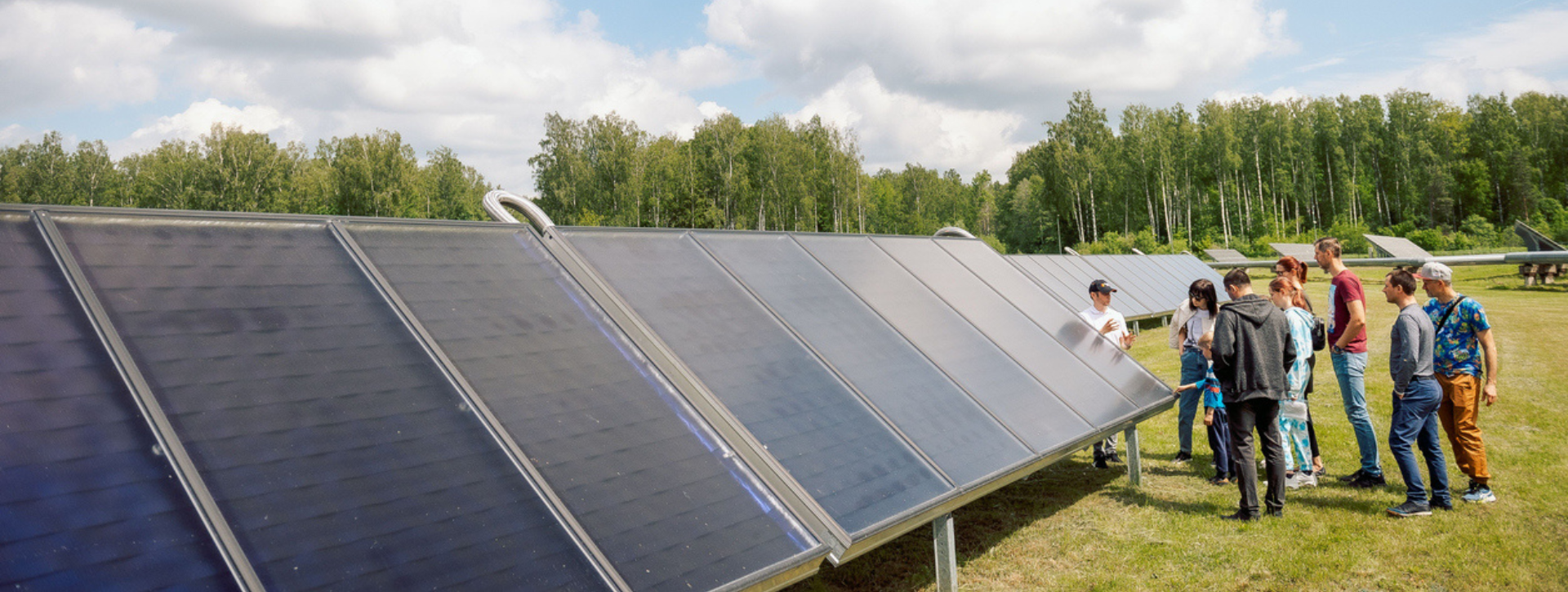By embedding energy justice into how governments transition to a post-carbon future, we can create fairer, more inclusive policies.
“We are entering a significant, unprecedented global energy transition,” writes Dr Nina Terrey, one of ThinkPlace’s partners and our Chief for Sustainability and Equity. While we pursue a low-carbon future, she argues, we must ensure that the benefits of renewable energy are universally accessible and that any burdens that come alongside it are shared equally.
To do this, demonstrates Dr. Terrey in her paper Transforming Energy Policymaking for a Just Transition: Centring Energy Justice, government policymakers must uphold the framework of a just transition. That is, a transition to renewable energy that leaves nobody behind.
In her literature review and analysis, Dr. Terrey argues that the path to just transitions begins with policymakers shifting their behaviours and practices. She identifies the barriers to energy justice that exist in the current paradigm, and examines how, by embedding energy justice principles into their processes, policymakers have the opportunity to be stewards of energy justice.
To dive deeper into understanding energy justice and the interventions necessary to achieve it, download Dr. Terrey’s paper by clicking on the link below.

